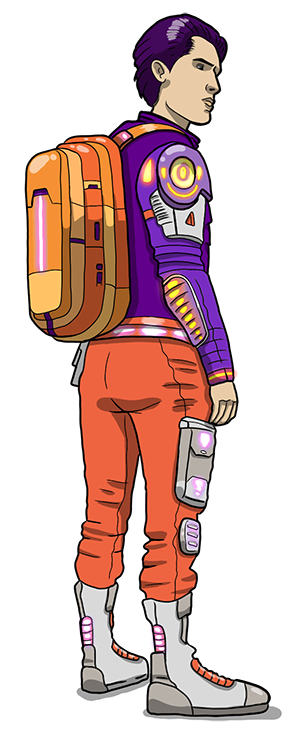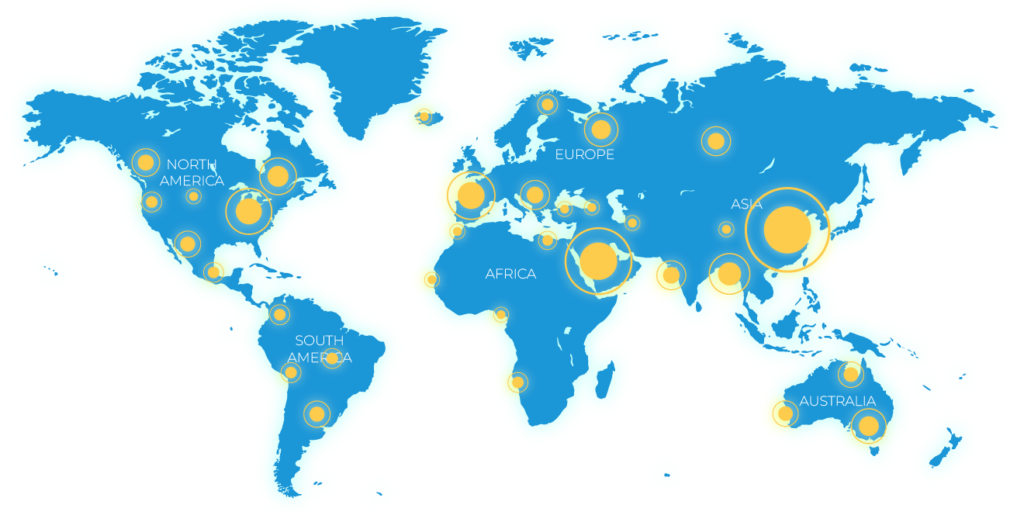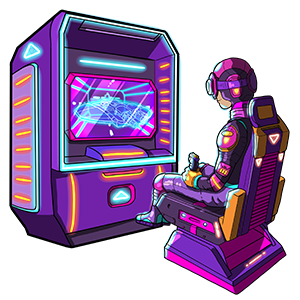
Imagine this: You’re a tourist who has just arrived at a train station in Paris; your native language is Spanish; you also speak English; and you understand a bit of French. Doesn’t sound too bad, right? Oh, I forgot to mention that you’re lost, it’s freezing, you’re not dressed for the weather, your roaming isn’t working, and you’re not 100% sure about the name of the station you need to get to. Basically, you don’t know where you are, you don’t know where you’re heading and, obviously, you don’t know how to get there.
Sounds horrible, right?
A typical day on a multicultural multilingual team is probably not as chaotic as that example, but it can be really frustrating to try to convey a message in a language that is not yours, to a big group of people whose mother tongue is also not the one they choose as the lingua franca (usually English).
When members of a diverse team are mindful of cultural and idiomatic differences, they swoop in like a friendly local who helps the tourist find their destination, like a helpful NPC who provides guidance when you need it the most.
How can you improve your cultural awareness?
- Learn about your team’s unique characteristics: Consider the following problem: Your team includes speakers of 13 language variants. Each team consists of 3 to 6 people. All team members live around the world and are not in their home countries. A maximum of 2 people are in the same city, with some exceptions. In addition, most of your team members have family from another location or culture, making them small multicultural islands. That said, do you know how many cultures your team represents? Do you know which ones they represent? Do you know the languages they speak? Probably not, but no worries, you don’t need to know everyone’s multicultural story by heart; just take the time to build relationships, be open-minded, and stay curious.
- Educate yourself: You have so many options available to expand your knowledge about other cultures, traditions, customs, or communication styles. From documentaries to books, articles and podcasts, there is so much to explore, but to be honest, working with a multicultural team is like having privileged access to information. So, ask questions, don’t assume, and challenge your assumptions. That’s right! Check your biases.
- Develop empathy and be ready to receive feedback: Asking questions is not enough; try to put yourself in the other person’s shoes and, with context in mind, consider other people’s perspectives, values, and beliefs. You may feel like you are fumbling at first, but don’t worry, the important thing is to be open to feedback to foster a better team culture.

| How did we do it? |
| Our team is all over the world. Having a visual helped us better understand that we are not only located in different countries but also identify with different cultures within each one. This visual made our team members aware of where their colleagues are located and what that may imply culturally and operationally (time zones, for example). It also helped them identify members of other language teams that might be nearby, providing another opportunity to connect. |
It’s all about flexibility!

Now that you know a bit more about your team’s countries, cultures and traditions, your next action and greatest investment will be flexibility. Make sure to adapt your program to local circumstances and, of course, prepare your team in advance if you’re going to introduce something new.
All companies and contracts are based on pre-established parameters, where there are certain limitations with respect to days off, working hours, productivity, etc. But there will be cases to pay attention to, for example, if one person or several people on your team are fasting for several weeks. It’s not just cultural or religious topics you should pay attention to, but political, social, environmental and everyday issues, as well as anything that may affect your team. So take the time to understand and be flexible.
Don’t forget language diversity
The group might communicate in English, but for many people, English is not their first language. Whenever you have the chance, remind the group about the language diversity in the team. Some people will opt for more direct communication, while others might not be used to that. In LATAM Spanish, for example, we are used to embellishing our communication according to our goal. So be mindful about the differences between languages to avoid interpreting other people’s communication as disrespectful or cold.
Now, create your own team’s culture

With all this in mind and knowing how important it is to be aware of traditions and the coexistence of cultures on your team, it is going to be crucial that you establish a culture specific to your team.
This means that you can and should establish basic rules of communication where respect is the basis of everything. Establish your own codes that will play in favor of the integration of your team and promote good practices related to recognizing and respecting diversity.
For example, on our team, we do not tolerate any kind of discrimination towards the LGBTQI+ community. So, to be part of it, it is vital that the team member is on board with that and can respect these basic rules.
The Takeaway
By embracing cultural awareness and language diversity, you can level up your team into a cohesive and dynamic unit. Remember that flexibility, empathy, and open communication are your ultimate power-ups, and establishing a team-specific culture based on mutual respect and understanding not only enhances collaboration but also creates a more productive and harmonious work experience. Game on!
About the author:

Angie Tapia is a professional in translation, localization, project management and language services. She holds a Bachelor of Arts in Translation and Interpreting and a Master’s in Administration and Project Management. Her career includes a pivotal role as the Head of Language Services at the Lima 2019 Pan American and Parapan American Games, where she led a team of 50 language services professionals and over 300 volunteers, providing over five million translated words and a thousand hours of interpreting. Angie’s work extends to academia, where she has served as a university professor since 2015. She also brought her passion for innovation and localization to Terra Localizations, where she served as Customer Success Manager, helping shape solutions for the video game industry.



